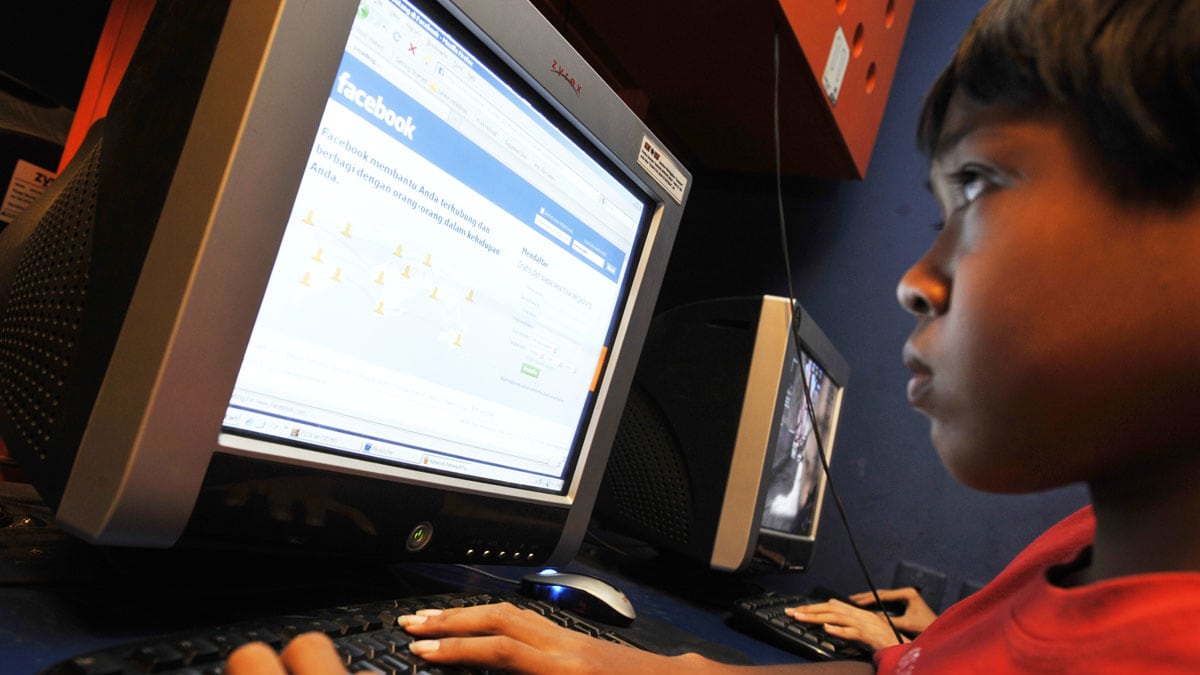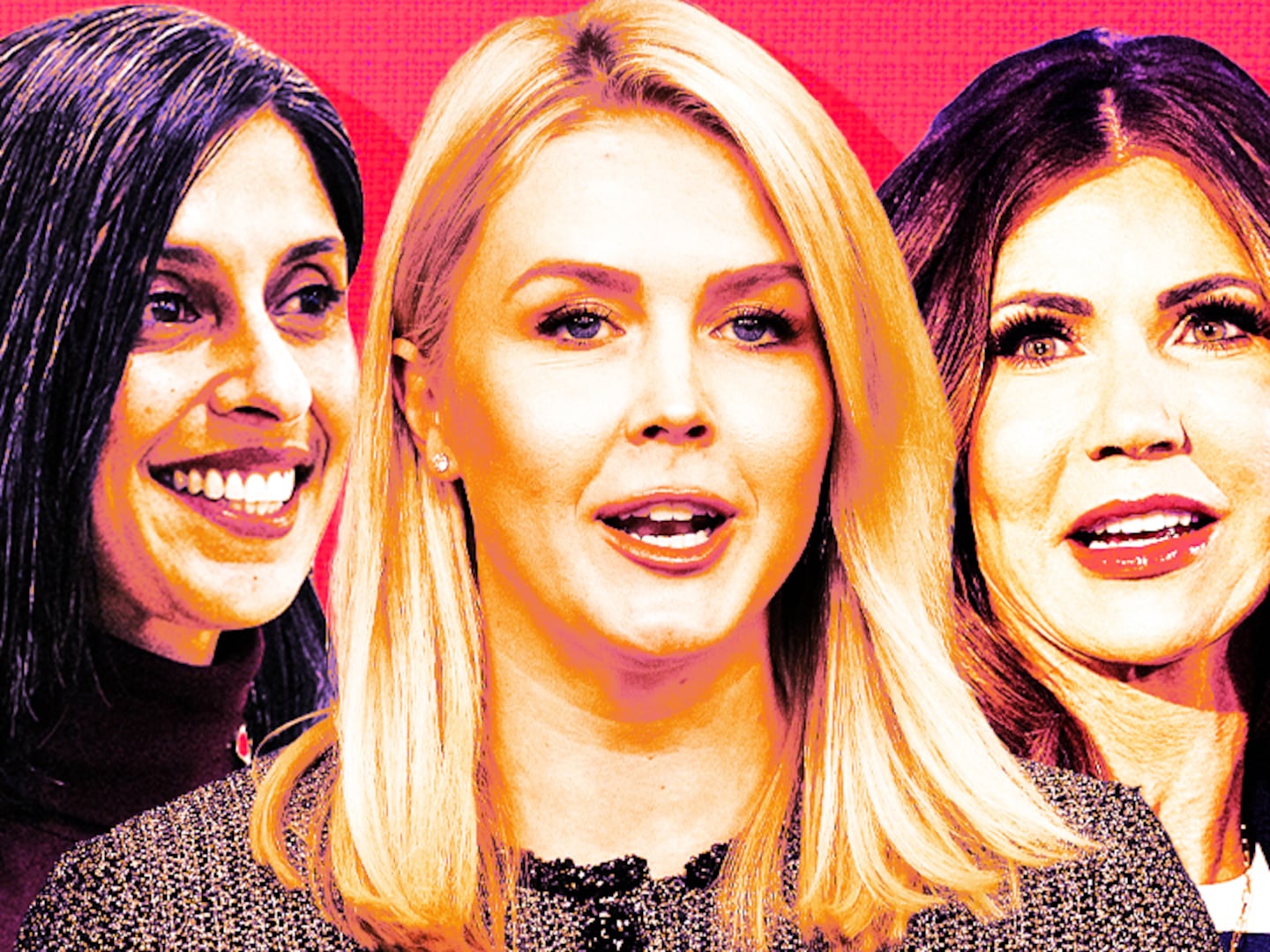My son’s friend “Sally” joined Facebook two years ago. She has 298 friends, posts pictures in her bikini, and broadcasts her location for all to see. Her profile says she’s 32. She’s really 12—a year below the legal limit required to join.
When she was 10 and her other friends had joined, her mom helped her sign up and fake her birthday. Neither parent knows all of those friends who have access to her very personal information.
Mark Zuckerberg is close to launching an under-13 service that will connect kids’ accounts to those of their parents, The Wall Street Journal reports. In the age of online child porn, cyberbullying, and privacy violations, do we really need our children on Facebook, even if it’s linked to an adult’s membership? There are shady characters everywhere, no matter how hard parents try to protect their kids. Why put these trusting souls in harm’s way?
Sally’s parents are among the 36 percent of grownups who are aware that their children have joined the site before they turn 13. According to Microsoft Research, a substantial proportion of those parents helped their kids in the effort. And even more stunning: a 2012 Consumer Reports survey finds that 5.6 million children under the age of 13 are on Facebook, and 5 million kids under the age of 10.
I’m sorry, but can a 10-year-old really make good choices when it comes to accepting someone’s friend request? Here’s a clue: if you have to think about this, you’re not the mom of a 10-year-old.
Facebook may be the most popular social network on the planet, but by limiting membership to 13 and over, the company has bypassed a potentially lucrative slice of the market. With Zuck’s lackluster IPO, he is under pressure—from his new stockholders—to find more revenue streams. The preadolescent market isn’t one where he needs to be fishing.
It seems that technology is overtaking our kids’ lives and doing more harm than good. A recent report found that one in three young adults is on Twitter—a significant increase from last year. Another study shows that poorer children, who are falling behind in school, spend an average of 90 minutes more each day than their affluent counterparts playing games with devices their families bought but can’t really afford, like the Xbox, Wii, and iPad. Yet another found that kids 8 to 18 years old spend more than 53 hours a week with “entertainment media.”
And if we really want to pile on, let’s talk childhood obesity. Endless hours of playing videogames, surfing the Web, and sitting and sharing on Facebook have no doubt contributed to the growing size of our kids. According to the CDC, the rate of childhood obesity has more than tripled in the past 30 years. In 2008, more than one third of children and teens were overweight or obese.
Richard Louv, bestselling author of Last Child in the Woods, started a movement to help children reconnect with nature, coining the term “nature-deficit disorder.” In other words, as he says, the more high tech we become, the more nature we need.

Maybe, as parents, we are asking the wrong questions. Instead of contemplating whether—and at what age—we would support Zuckerberg’s foray into connecting kids online, how about asking a different question. How can I get my kids off their electronic devices and outside to play with their friends instead of friending them online?
Perhaps resistance is futile. Perhaps today’s savvy kids will find ways to burrow under any walled garden. Perhaps they can see worse from a simple Google search.
But does that mean we need to make it easier for them? That it should be company policy to recruit ever-younger customers? As more self-anointed cool kids join, this will turn into a stampede.
Think of all the flirting and flaunting that goes on among Facebook users just a few years older (and, OK, many years older). How can we expect the preteen crowd to resist those temptations?
Even beyond the danger of unleashing young hormones, let’s remember all the taunting and teasing that goes on among fifth, sixth, and seventh graders. Now imagine that being broadcast to a jury of their peers. The potential for bullying and embarrassment is as great as the hype that surrounded the Facebook stock offering.
Zuckerberg’s team is putting out the word that “parental supervision” will rule the day, that Mom and Dad can control whom their offspring accept as friends and which apps they use. Sounds great in theory, but can we really expect busy parents to be looking over their kids’ shoulders every time they open the laptop? What about when they’re Facebooking from their phones? I have a hard enough time making sure mine do every last homework assignment.
Let’s face it: with 900 million users, Facebook has already conquered the world. But there isn’t much room for growth here in America, where just about everyone with a passing interest has already signed up. So now Facebook is aiming lower. What’s next, Facebook for preschoolers?
As a journalist and an extrovert, I love Facebook. As a mother, I can’t “like” this idea. Thumbs down.






